We were contacted yesterday by someone representing Invenergy. He stopped by our house. The landowner spoke with him. The landowner was told that they wanted to do a “bat study” on our property along the proposed route. He said they would want to camp out overnight and use a gun to throw nets to try to catch bats to find what species they were with the potential of moving the line based on the location of these bats. He also mentioned doing some core samples. The landowner did not give him permission. We have cattle that are calving in that area right now, and having someone out there at night would definitely spook them. Regardless of whether we had cattle out there or not, he was not going to give them permission. The guy noted an “N” on his paperwork indicating that the landowner said No to the study, and then he wanted the landowner to sign next to that “N”. He did not sign that either.
The landowner asked for his information, and his e-mail address was “Mossy Oak Properties” so it seems that Invenergy is outsourcing this testing.
Next, let's move on to the the premise that Mossy Oak Properties would be doing the testing. No, they will not. First of all, the "Mossy Oaks" guy is an impersonator. Second, that's not what land agents do. Land agents work for a real estate company. The most they do professionally is contact landowners for permission to survey. The bat surveys would be conducted by a third party environmental survey company with the requisite skills and expertise. Nobody knows the name of this company, and the land agent impersonator isn't telling. It looks like perhaps the impersonator is insinuating that he would personally be conducting the bat survey, along with the "core sampling." What is core sampling? It's drilling deep holes on your property using large pieces of equipment in order to discover the make up of soils and rocks 30 feet down under the surface of your property. The company would use this information to engineer the bases for their towers. Again, the land agent doesn't have this expertise. It's simply a middle man. Being a middle man with no real knowledge of the procedures and their purpose, you may not believe anything Invenergy's representative says, including who he works for. The only thing binding would be on the piece of paper the land agent wants you to sign that grants Invenergy/GBE permission to perform any kind of testing it wants on your property, at any time it wants, using any part of your property it wants, and creating whatever damage or hazards it wants. Why would anyone voluntarily sign this form? Notice also that the Invenergy representative tried to get the landowner to sign another piece of paper instead. But he was smart enough to refuse to fall for that trick. Don't sign anything!
Obtain unequivocal permission to enter property for purposes of surveying or conducting environmental assessments or other activities. Clearly explain to the property owner the scope of the work to be conducted based on the permission given. Attempt to notify the occupant of the property each time you enter the property based on this permission.
The "Code of Conduct" also requires any employees or representatives to promptly identify themselves upon making contact with landowners. Although it doesn't specifically state it, we can presume the representative must also accurately identify himself. Maybe you should ask to see a photo ID?
a. When contacting a property owner in person, promptly identify yourself as representing Grain Belt Express Clean Line.
b. When contacting a property owner by telephone, promptly identify yourself as representing Grain Belt Express Clean Line.
We're not off to an auspicious start here. Perhaps Invenergy needs to review its "Code of Conduct" with its third party contractors and land agents. And guess what? YOU should also review the GBE "Code of Conduct". In fact, why don't you print out your very own copy and keep it on hand so you can review and critique the actions of the representatives that invite themselves to your property? Violations of the "Code" should be documented and reported to the various opposition leaders in your community. How best to document these violations? Of course, video reins supreme in today's digital lifestyle, but a written record of the conversation can also be used. Be sure to write down what happened as soon as possible, while your memory is fresh.
And if you refuse to sign anything, remember, the representative is prohibited from doing this:
Do not threaten to call law enforcement officers or obtain court orders.
When asked to leave property, promptly leave and do not return unless specifically authorized by Grain Belt Express Clean Line.
All communications by a property owner, whether in person, by telephone or in writing,
in which the property owner indicates that he or she does not want to negotiate or does not want to give permission for surveying or other work on his or her property, must be respected and politely accepted without argument. Unless specifically authorized by Grain Belt Express Clean Line, do not contact the property owner again regarding negotiations or requests for permission.
I'm still trying to figure out the rush here. Why is Invenergy spending millions of dollars seeking voluntary permissions and easements with landowners in Missouri when it doesn't even have an end point for its project or enough customers to make it economically viable? Maybe you want to ask the representatives who call if Invenergy has even applied for a permit in Illinois yet? Ask for a list of its contracted customers? Ask to see ownership of land for the converter station proposed to be built in Missouri? You have a right to this information, according to the "Code."
All communications with property owners and occupants must be factually correct and made in good faith.
a. Do provide maps and documents necessary to keep the landowner properly informed.
b. Do not make false or misleading statements.
c. Do not purposely or intentionally misrepresent any fact.
d. If you do not know the answer to a question, do not speculate about the answer. Advise the property owner that you will investigate the question and provide an answer later.
e. Follow-up in a timely manner on all commitments to provide additional information.
f. Do not send written communications suggesting an agreement has been reached when, in fact, an agreement has not been reached.
g. If information provided is subsequently determined to be incorrect, follow up with the
landowner as soon as practical to provide the corrected information.
h. Do provide the landowner with appropriate contact information should additional contacts be necessary.
We've all been told to avoid large gatherings and practice proper hygiene to prevent the spread of the corona virus. But here's Invenergy, sending people door-to-door to call on folks unannounced. Where do these Invenergy representatives come from? And where do they go after they leave? Do they wash their hands between calls? Who would you be permitting to enter your property? Who will be showing up at your property unannounced? Doesn't seem very safe to me. This is exactly the wrong time to have strangers calling on people and trying to share forms, pens and information with them.
If it was my farm, I'd put one of these at the gate.
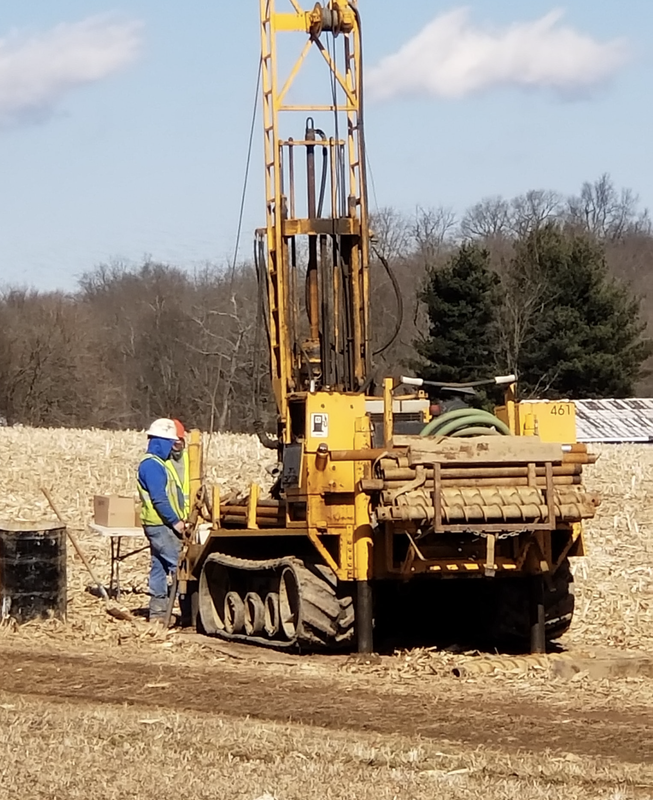
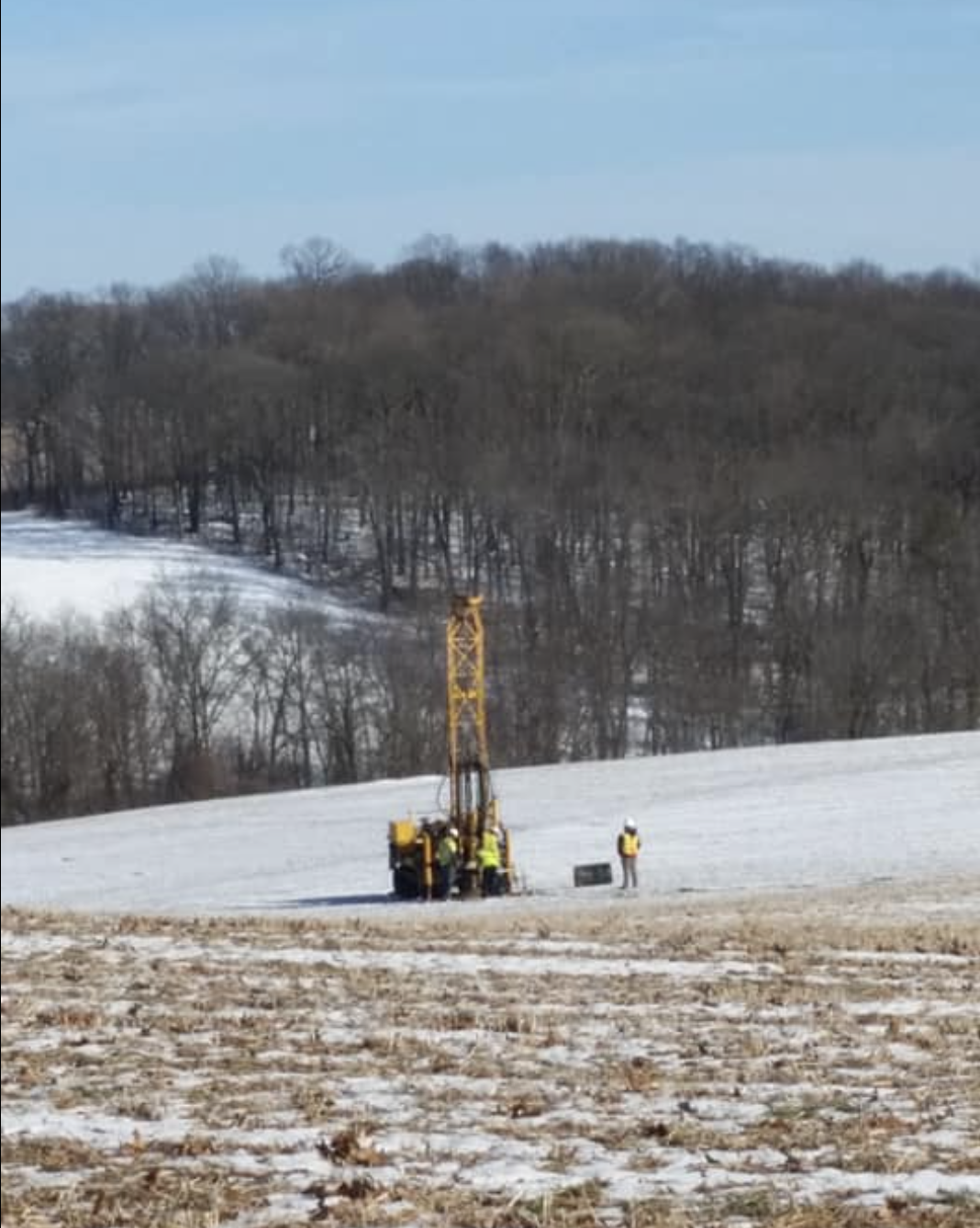
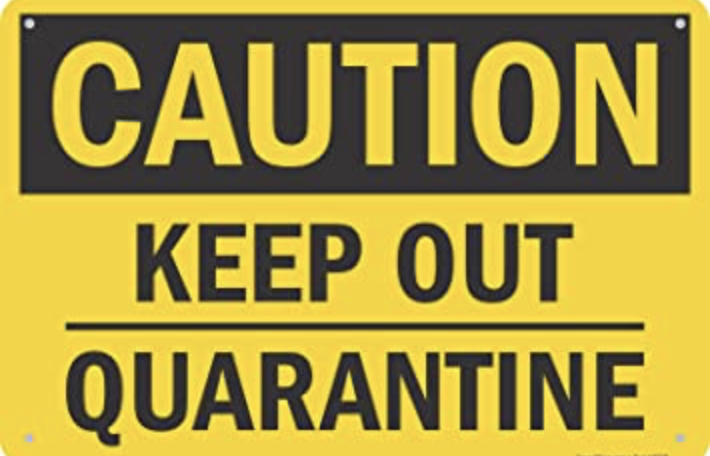
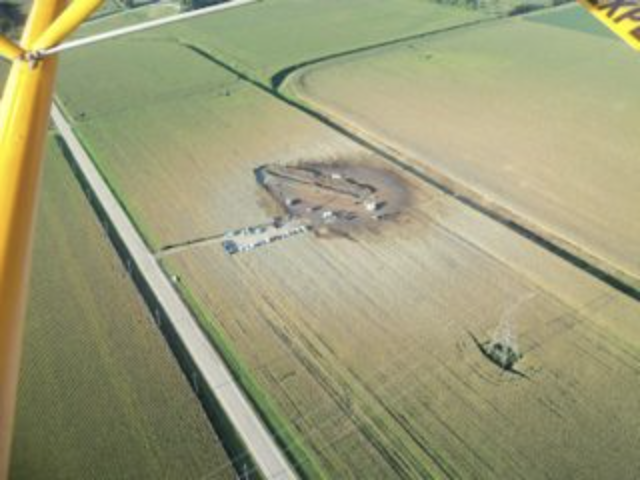
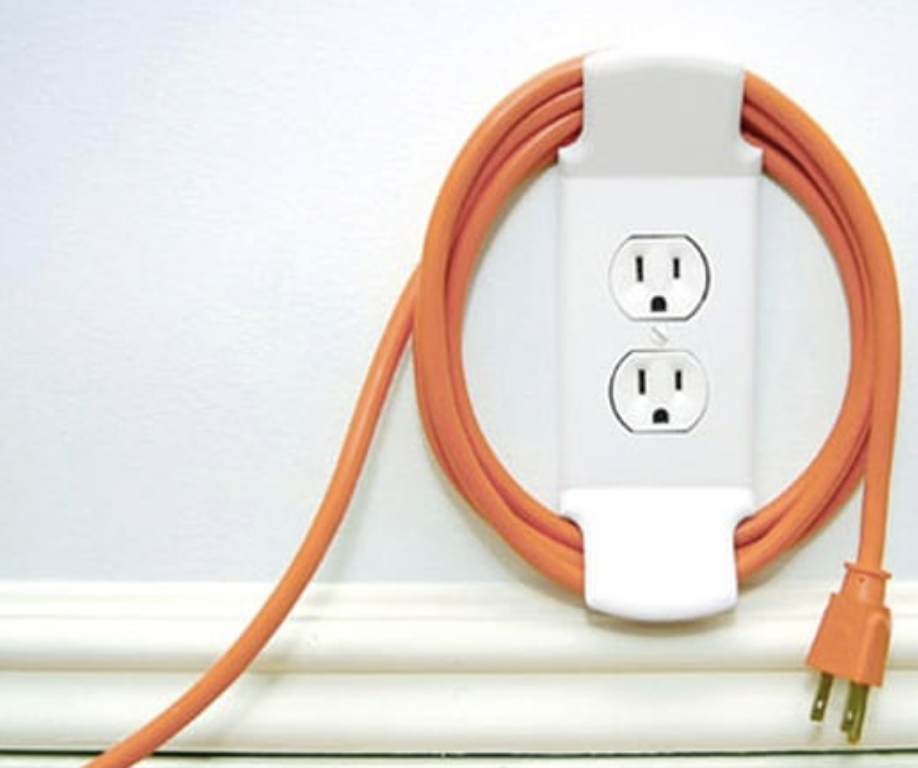
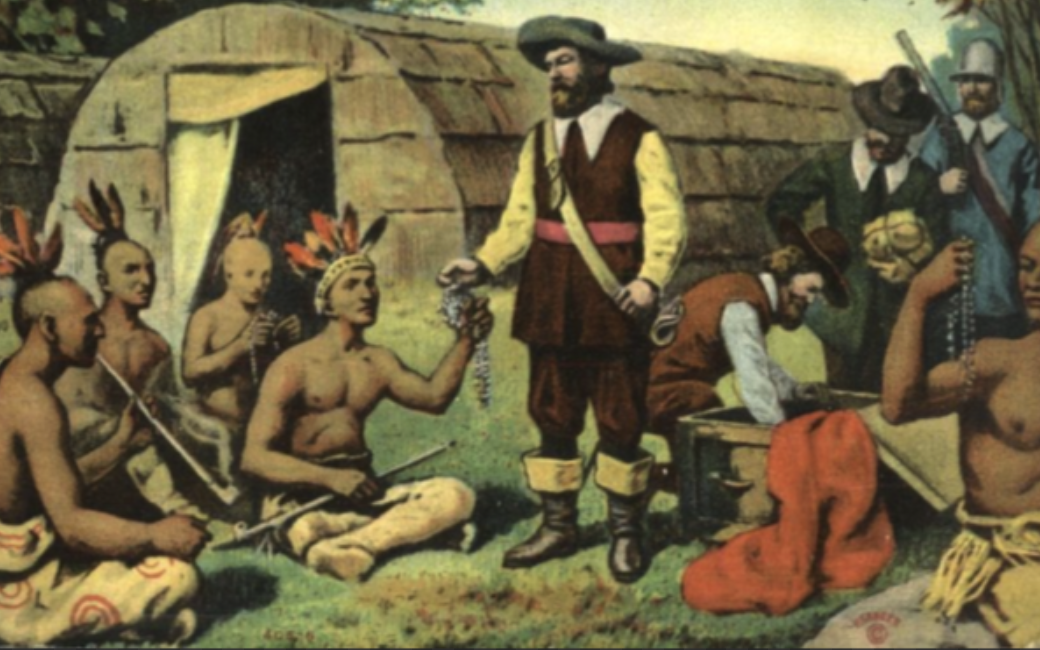

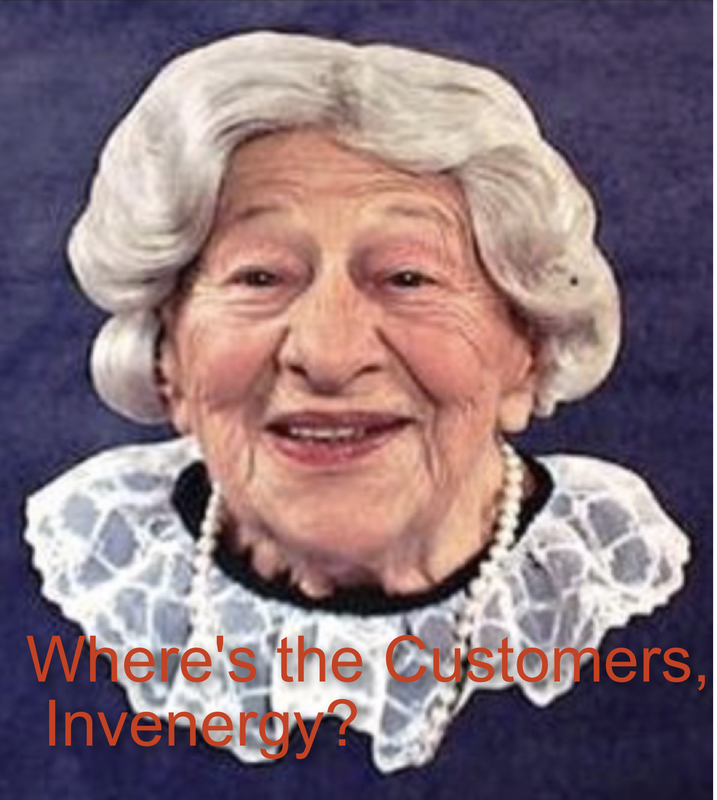
 RSS Feed
RSS Feed